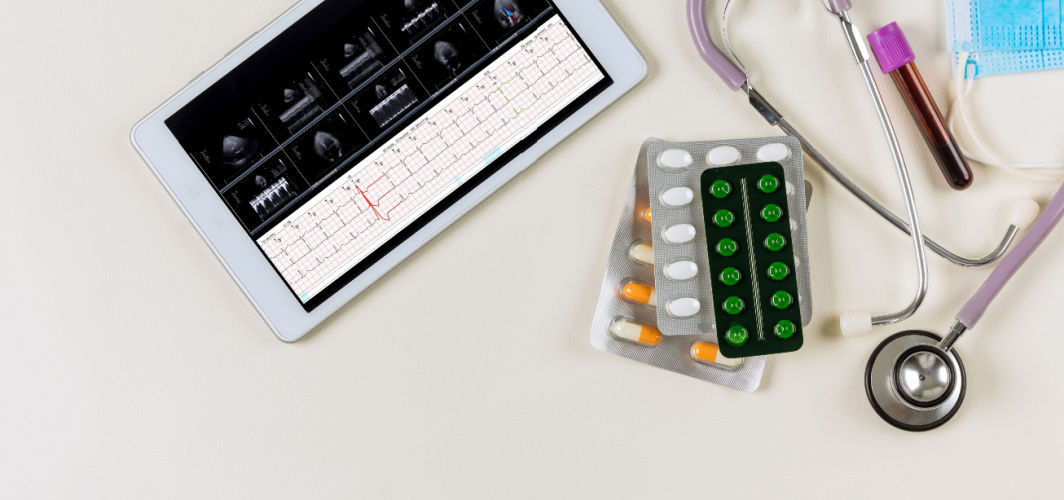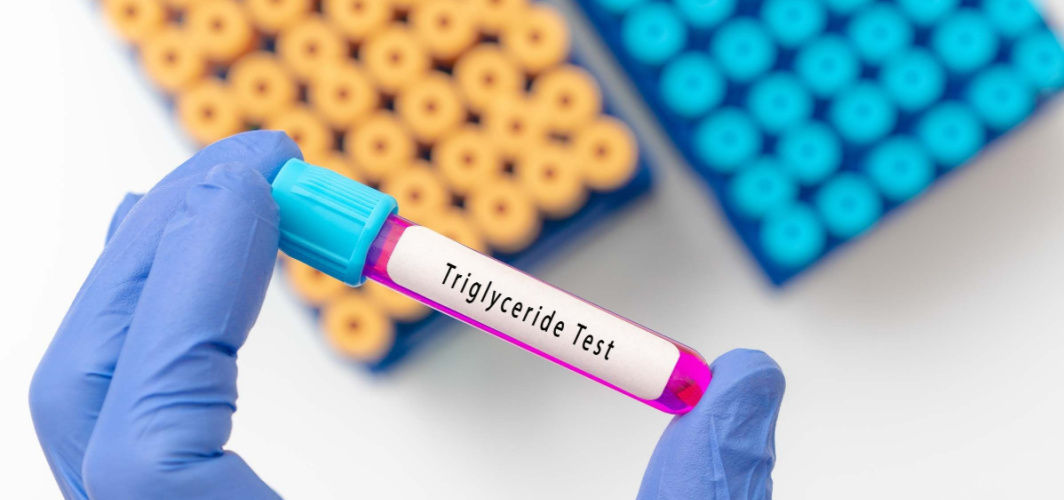Heart Conditions
Experiencing High Pulse Rate? These Can Be The Reasons!
3 min read
By Apollo 24|7, Published on - 26 December 2022, Updated on - 07 June 2023
Share this article
0
1 like

You must have noticed your heart rate rising when you work out. But, have you ever felt it rise randomly for no reason at all? In medical terms, a heart rate of over 100 beats per minute is called tachycardia. A fast heart rate may not lead to any complications. However, if not treated, tachycardia over a prolonged period can result in some serious health concerns like stroke and heart failure. A high pulse rate (another name for heart rate) is not really a health condition in itself. However, a myriad of other non-cardiac factors can lead to tachycardia. Some of the reasons behind a high pulse rate include:
1. Stress and Anxiety
Stressful circumstances trigger a chain of events in the human body. During stress, your body produces adrenaline, a hormone that makes your blood pressure rise and your heart rate and breathing speed up. Anxiety disorders make your body overreact to stress and set off an instinctive response in your autonomic nervous system (ANS). ANS controls your heart rate, digestion, and respiration.
2. Hyperthyroidism
Also referred to as overactive thyroid, hyperthyroidism is a condition that affects your thyroid gland and causes it to produce too much thyroid hormone. Excess production of thyroid hormone speeds up the metabolism of your body, resulting in several symptoms like hand tremors, high pulse rate, and weight loss.
To know if your thyroid gland is functioning properly,
3. Anaemia
This type of anaemia occurs when your body does not have enough iron to produce an adequate amount of red blood cells (RBCs). RBCs are responsible for transporting oxygen throughout the body. In severe cases, the hearts of anaemics pump faster to compensate for the lower amount of red blood cells reaching their body tissues, causing a higher heart rate. This helps your body to circulate blood at a faster speed to compensate for the deficiency.
To know if you are anaemic,
4. Excess Consumption of Alcohol and Caffeine
Alcohol is immensely dehydrating. Excess consumption of alcohol can reduce your blood volume and force your heart to work harder, thereby increasing the heart rate. Also, excess intake of caffeine, which is present in beverages like tea, coffee, and energy and soft drinks, stimulates your central nervous system making you more energetic and alert. However, it also temporarily raises your blood pressure and heart rate, which can be dangerous.
5. Smoking
Smoking leads to an acute increase in your blood pressure and accelerates your heart rate. For this reason, smokers have a higher resting heart rate and blood pressure as compared to non-smokers. Further, smoking is a major risk factor for developing cardiac disorders and diseases. There is plenty of evidence that suggests a strong link between smoking cigarettes and developing heart diseases.
In addition to the factors mentioned above, a high heart rate can be caused by underlying heart conditions, side effects of certain medications, fever, drug use, and electrolyte imbalance. If you experience tachycardia frequently or if your resting heart rate is chronically high, then it’s advisable to consult with a cardiologist to determine if there are any underlying issues that need treatment.
Consult An Apollo Cardiologist
Medically reviewed by Dr Sonia Bhatt.
Heart Conditions
Leave Comment
Recommended for you

Heart Conditions
What Is 2D EchoTest: Know Uses, Test Results, How To Read It
The 2D echo test is a noninvasive diagnostic procedure that helps in examining the structure and function of the heart. By providing valuable insights into heart health, this test aids in the detection and monitoring of various cardiac conditions, enabling timely intervention and treatment.

Heart Conditions
7-Day Diet to Lower Triglycerides Naturally
Triglycerides are fat that the body stores and uses for energy. Elevated levels of triglycerides can increase the risk of various health problems. This comprehensive article provides insights into triglycerides, diet types, and a 7-day meal plan designed to promote overall health and well-being.

Heart Conditions
Heart Attacks Can Occur Without A Warning! Look Out For These Signs
Silent heart attack often goes undiagnosed due to the lack of clinical presentation. Read on to know the possible signs, diagnostic tests, and preventive measures of a silent heart attack.
Subscribe
Sign up for our free Health Library Daily Newsletter
Get doctor-approved health tips, news, and more.
Visual Stories

World Heart Day 2021: Take charge of your health
Tap to continue exploring
Recommended for you

Heart Conditions
What Is 2D EchoTest: Know Uses, Test Results, How To Read It
The 2D echo test is a noninvasive diagnostic procedure that helps in examining the structure and function of the heart. By providing valuable insights into heart health, this test aids in the detection and monitoring of various cardiac conditions, enabling timely intervention and treatment.

Heart Conditions
7-Day Diet to Lower Triglycerides Naturally
Triglycerides are fat that the body stores and uses for energy. Elevated levels of triglycerides can increase the risk of various health problems. This comprehensive article provides insights into triglycerides, diet types, and a 7-day meal plan designed to promote overall health and well-being.

Heart Conditions
Heart Attacks Can Occur Without A Warning! Look Out For These Signs
Silent heart attack often goes undiagnosed due to the lack of clinical presentation. Read on to know the possible signs, diagnostic tests, and preventive measures of a silent heart attack.